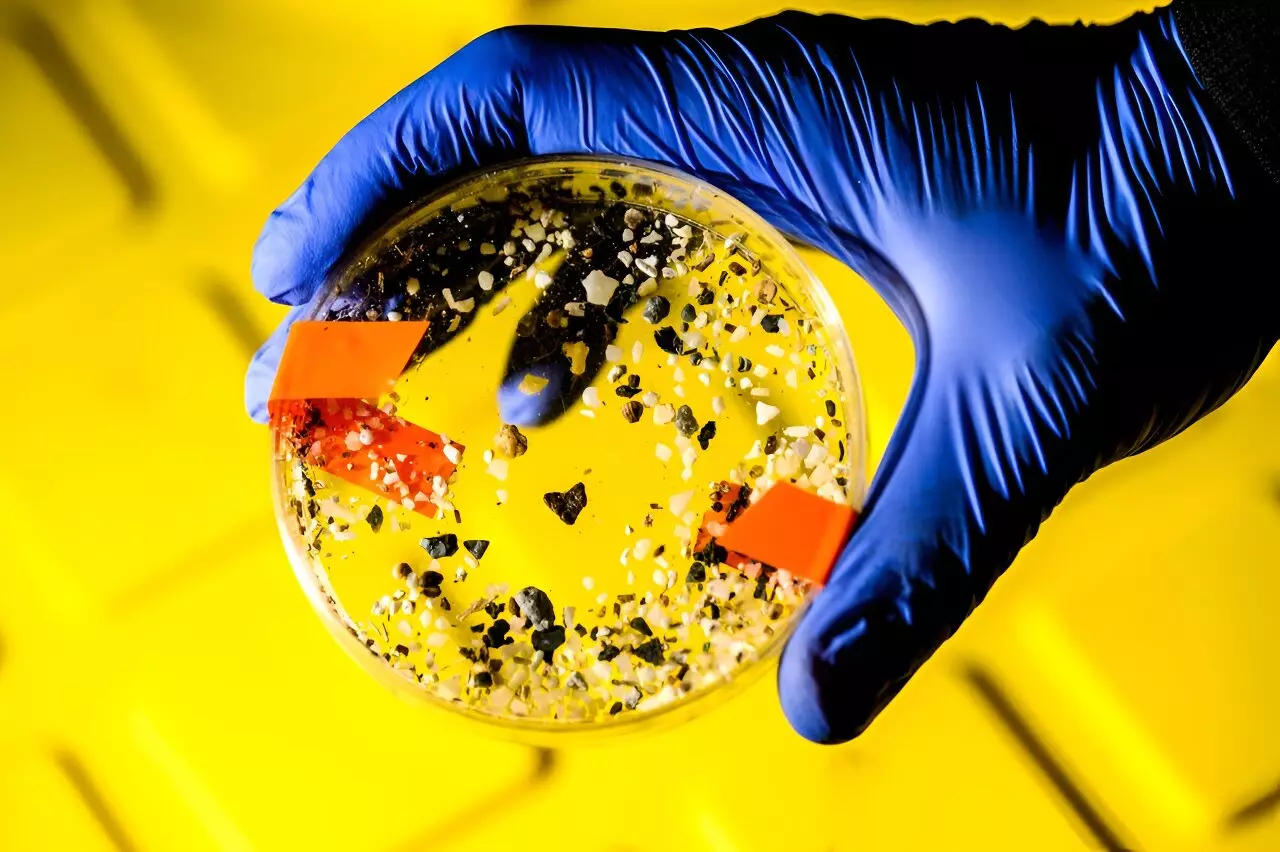The presence of microplastics in the ocean has been a significant source of concern due to its detrimental effects on marine life. However, a recent study co-authored by Northeastern researcher Aron Stubbins sheds light on a new dimension of the problem. It appears that microplastics not only harm marine organisms but also hinder the ocean’s ability to mitigate the climate crisis by impeding the flow of carbon from the sea surface to the depths.
For thousands of years, the ocean has played a crucial role in absorbing carbon dioxide from the atmosphere through a process known as the carbon sink. When phytoplankton die, they clump together and sink into the deep ocean, a phenomenon referred to as “marine snow.” This process is essential for removing carbon from the surface and storing it deep within the ocean, much like how trees on land sequester carbon in soil.
Impact of Microplastics
The study conducted by Northeastern researchers reveals that microplastics disrupt this carbon sequestration process by affecting the buoyancy of marine snow. As microplastics accumulate on phytoplankton, they alter their sinking rate, making the marine snow more buoyant. This, in turn, slows down the descent of carbon-rich particles to the ocean depths, reducing the efficiency of carbon removal from the atmosphere.
In their experiments, researchers compared the sinking rates of phytoplankton clusters with and without microplastics. The results showed that phytoplankton entwined with microplastics sank 20% slower than regular clusters. This delay in the sinking process could have significant consequences for carbon sequestration, particularly at a time when the ocean’s role in offsetting climate change is more critical than ever.
Another aspect of the study focused on the impact of microplastics on nutrient availability for phytoplankton. When exposed to sunlight, microplastics dissolve and release organic carbon, which bacteria can use as food. However, the growth of bacteria also requires nitrogen and phosphorus, which they obtain by outcompeting phytoplankton for these essential nutrients. As a result, the presence of microplastics further hampers the efficiency of the biological carbon pump, hindering the ocean’s capacity to sequester carbon.
With the ubiquity of microplastics in the ocean and their increasing concentrations, there is growing concern about the potential global-scale impact of these pollutants. Aron Stubbins underscores the need for further research to determine the extent to which microplastics may compromise the ocean’s ability to sequester carbon. Given the interconnectedness of marine ecosystems and the climate system, addressing the threat of microplastics is crucial for preserving the health of the ocean and mitigating climate change.
The findings of the study highlight the multifaceted impact of microplastics on the ocean’s carbon sequestration process. By shedding light on the ways in which these pollutants disrupt essential biogeochemical cycles, the research underscores the urgency of addressing plastic pollution to safeguard the health and resilience of marine ecosystems.


Leave a Reply